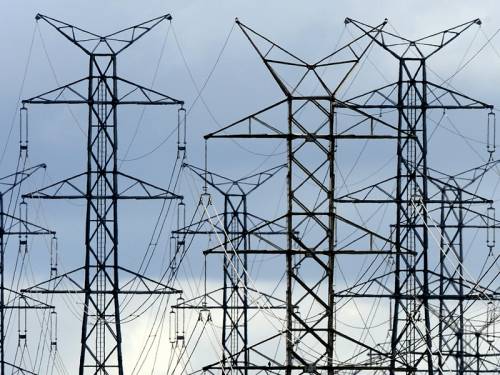Spending on political campaigning for parliamentary elections declined by around 50%, in comparison to parliamentary campaigning in late 2011, spokesman for the Raqeb Ya Masry (Egyptian, Observe) Campaign, Mahmoud El-Badawy, told Daily News Egypt.
“Anyone walking down the street can notice the decline in billboards and flyers,” El-Badawy said.
The decline could be attributed to the latest law issued to regulate spending on political campaigning and aggressive competition in the first round, the campaign representative said.
Those running for individual seats were limited to EGP 500,000 for their campaign, with a maximum spending of EGP 200,000 in the second round.
Spending by an electoral list, comprised of 15 members, is limited to EGP 2.5m. The ceiling for spending during the second round is EGP 2m. Electoral lists of 45 members can spend three times as much as the previously mentioned figures.
The Raqeb Ya Masry campaign’s observation is based primarily on street advertisements and not television content.
“The real hotspot is the street,” El-Badawy said when asked why street advertisements were their main consideration. “It can be more difficult to track television content.”
“Party founders who own television channels have used them to provide air time for their candidates,” the campaign’s spokesman said. He added that this wave of “indirect campaigning began even before campaigning kicked off”.
On predictions for spending during the second round, El-Badawy highlighted that those who saved their money during the first round will seek to reach the maximum level of spending during the second one.
There will also be a wave of unofficial campaigning, in the form of endorsements by individuals declaring their support for a specific candidate in front of their shop or building, El-Badawy pointed out.
The Raqeb Ya Masry campaign was first launched in 2012 with three non-profit organisations and now has around 22 organisations as members.
Earlier last month, President Abdel Fattah Al-Sisi called on Egypt’s youth to participate in the upcoming parliamentary elections.
‘There are more than 60 million of you, aged below 40. Your engagement is important and so is your energy. You can carefully and selectively choose, as well as bear waiting in lines to cast your votes,’ Al-Sisi said.




